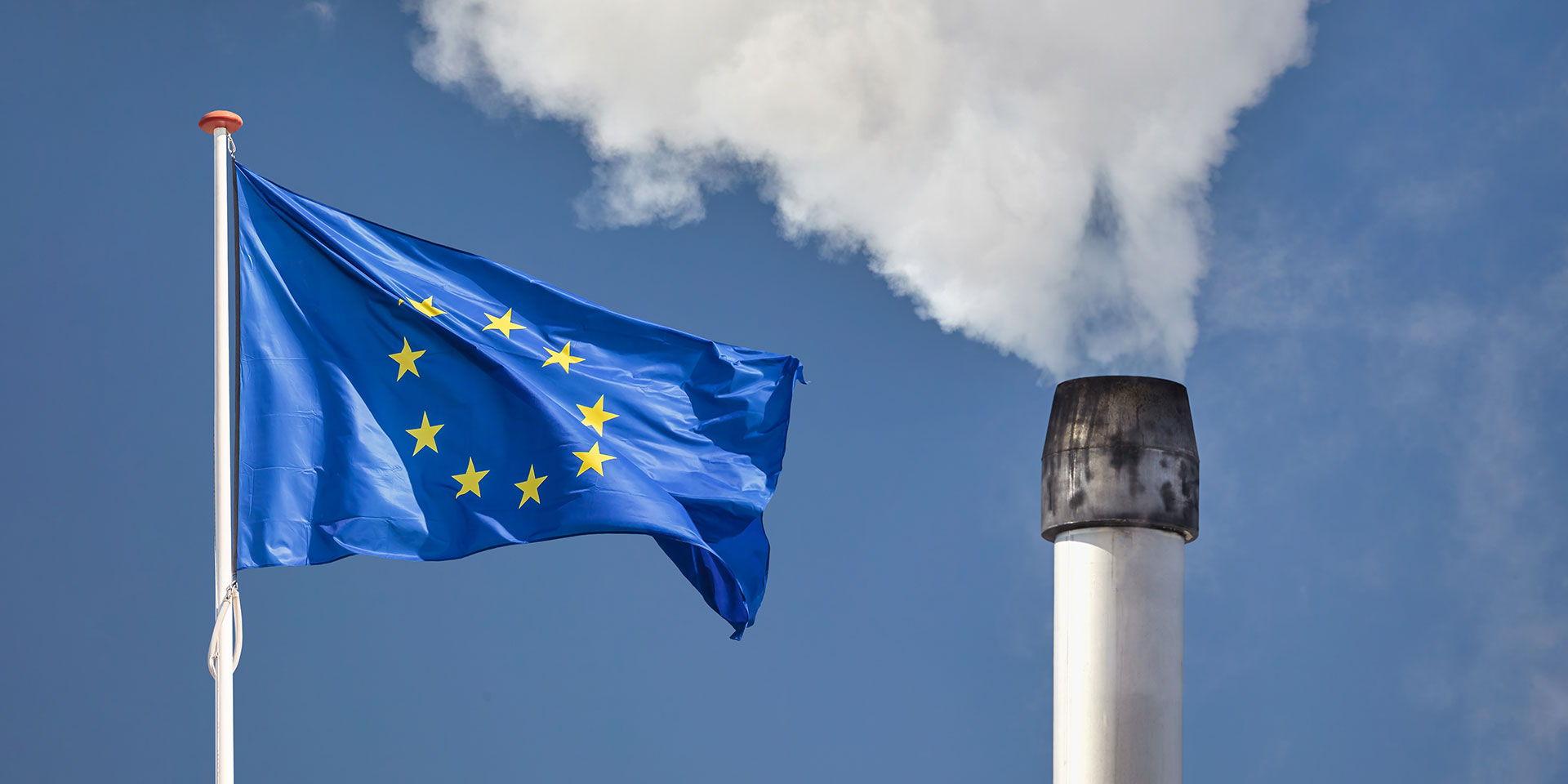The European Commission will require manufacturers selling products in Europe to provide proof of claims that their products are environmentally friendly, rather than allowing them to simply claim without evidence. This move aims to eliminate the deceptive marketing practice we know as “greenwashing.”
You may have noticed products like T-shirts made from recycled plastic bottles, “ocean-friendly” sunscreen, and eco-friendly dishwasher tablets on store shelves. While these sound like great options for the environment, it’s important to note that many of these claims may not be fully backed up. Additionally, it can be unclear what specific features make certain products environmentally friendly. For example, a T-shirt marketed as eco-friendly may only contain 1% recycled plastic.
In 2020, the European Commission conducted a study on environmental claims made by products. The study revealed that over half of these claims (specifically 53.3%) were unclear, deceptive, or lacked evidence. This means that manufacturers either do not provide sufficient details regarding the eco-friendliness of their products or overstate their level of sustainability.
The European Commission aims to eliminate confusing green claims and numerous eco-labels (over 230 in Europe) that make it challenging for consumers to make informed choices. This is because most Europeans want to consume sustainably, as stated by the Commission’s survey. Manufacturers are guilty of exaggerating their product’s positive impact on the environment, biodiversity, climate, soil, or water.
The Commission has announced a proposal for a new European law to prevent greenwashing. Manufacturers selling their products in the European market will need to provide evidence that their eco-friendly claims are truthful. Member States will be responsible for ensuring this proof is backed by scientific evidence. If manufacturers fail to prove their claims, they will be fined, and consumer organizations will have the option to pursue legal action against them.
One law for the whole European market
According to Frans Timmermans, the European Vice President in charge of implementing the Green Deal, a lot of Europeans want to support sustainability through their shopping choices. This proposal aims to give consumers confidence that products labeled as “green” are truly sustainable.
The Commission stated that the new law would benefit both consumers and manufacturers, including those offering green electricity. Companies selling products in multiple European countries would benefit from the law, as they would no longer need to comply with varying national regulations. The proposed law will apply throughout the European market. However, the law is not yet ready and must be approved by the European Parliament and Council of the European Union.
Companies outside of Europe must follow the law when selling in Europe. Small European businesses with less than 10 employees and under €2 million in annual turnover are exempt. Test Aankoop, a consumer organization, approves of the proposal, but notes that member states will be responsible for ensuring companies follow the law. Success will depend on effective monitoring and strict fines.
The right of redress
The European Commission is taking several steps towards making consumption in Europe more sustainable, including the implementation of the greenwashing law. With this law, consumers will no longer be tricked by unwarranted environmental claims. Additionally, the Commission aims to encourage products sold in Europe to be easier to repair, reducing the likelihood of their disposal. The ultimate goal is to achieve a circular economy in which minimal raw materials are wasted, aiding Europe in the journey to climate neutrality by the year 2050.
A large amount of products are still being thrown away too early, resulting in 30 million tons of wasted raw materials and 261 million tons of greenhouse gases emitted every year. This is more than double the total emissions of Belgium. To address this issue, the Commission has introduced a new proposal called the “right to repair,” which would require manufacturers to repair their products upon customer request.
The right to repair currently applies to electronic appliances like televisions, washing machines, vacuum cleaners, and refrigerators. There are plans to extend the right to smartphones and tablets. This means that manufacturers must repair these items for free within two years of purchase if they become damaged. The current warranty lasts for two years. If the device gets damaged after this period or if the damage was caused by the user, the manufacturer will still repair it but the cost will be borne by the customer. This applies for up to 10 years depending on the device type.
New ecosystem of repair companies
The European Justice Commissioner, Didier Reynders, is hopeful that the new “Right to Repair” law will have a positive impact on the European economy. He envisions the emergence of a new ecosystem of repair services, where consumers can use online platforms to find repair services in their respective member states. Currently, France already has a similar platform that accommodates over 130,000 SMEs.
Test Aankoop spokesperson Laura Clays expresses disappointment that the Commission has only set a two-year period for free repairs of electronic products. She believes that it is reasonable to expect appliances like a washing machine or freezer to last longer than this period and should be entitled to repair if they break down within five or ten years. However, there is uncertainty around this area. Clays feels that stronger, more effective regulations are necessary to ensure that consumers feel like they are benefiting from them.
The question remains whether customers will agree to pay for repairs after their two-year warranty. Consumers are typically willing to pay up to 30% of the purchase price for repairs, with more expensive items having slightly more wiggle room. However, if a manufacturer charges 500 euros for a washing machine repair while a new machine costs 800 euros, it creates a difficult decision for the customer.
The new proposals regarding greenwashing and the right to repair are not immediately applicable. The European Parliament and the Council of the European Union must now work on the proposal and reach a compromise before it is finalized. Therefore, it is advisable to keep using your washing machine for the time being.


